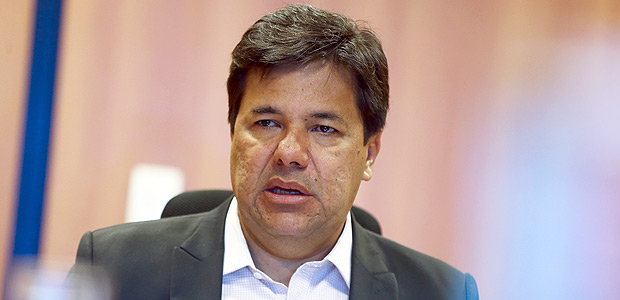Latest Photo Galleries
Brazilian Markets
17h33 Bovespa |
-0,33% | 125.148 |
16h43 Gold |
0,00% | 117 |
17h00 Dollar |
-0,77% | 5,1290 |
16h30 Euro |
+0,49% | 2,65250 |
ADVERTISING
Children's Books Are Removed from Shelves due to Political Pressure
11/23/2017 - 12h47
Advertising
BRUNO MOLINERO
FROM SÃO PAULO
Books for children and young people have become the target of pressure by groups linked to both the right and the left, who defend the removal of books considered to be inappropriate for children. The most recent case is that of "Peppa", by Silvana Rando, published in 2009 by Brinque-Book (Play-Book). With over 37 thousand copies already sold, the book portrays a kid who has the "toughest hair in the universe". Displeased with this, she decides to have it straightened. Except that the hair treatment involves prohibitions.
"Every page in this book is problematic. It's extremely racist." That is the opinion of activist and youtuber Ana Paula Xongani. She first published her criticism in April 2016 and it went viral. The controversy continued until the beginning of this month, when both the author and editor decided to withdraw the title.
"I began to realize that two different books existed: the one that I had created, which has a message of acceptance of differences and Ana Paula's interpretation of it. I don't want children to get hurt by reflecting on a skewed reading. So, I opted to withdraw it", Silvana declared.
"It's inappropriate for this age group", Xongani told Folha. In July, Education Minister Mendonça Filho (DEM Party) used a similar phrase when referring to "Enquanto o Sono Não Vem" (When Sleep Doesn't Come).
| Pedro Ladeira/Folhapress | ||
 |
||
| Mendonça Filho, Education Minister |
The book, by José Mauro Brant, published by Rocco in 2003, is a collection of stories from popular culture and was selected by the federal government in 2014 for distribution in public schools. In the chapter "A triste História de Eredegalda" (Eredegalda's Sad Story) a father proposes the marriage of his daughter, which she refuses. Charges of incest and pedophilia swept across the internet. A technical finding by MEC characterized the work as inappropriate and recommended that the 93 million copies already purchased be withdrawn.
Both the author and the editor argue that the story has been told since medieval times. "There is no pedophilia. There is incestuous suggestion, but it isn't acted upon. However, the character says 'no' to violence", he explained.
Translated by LLOYD HARDER



